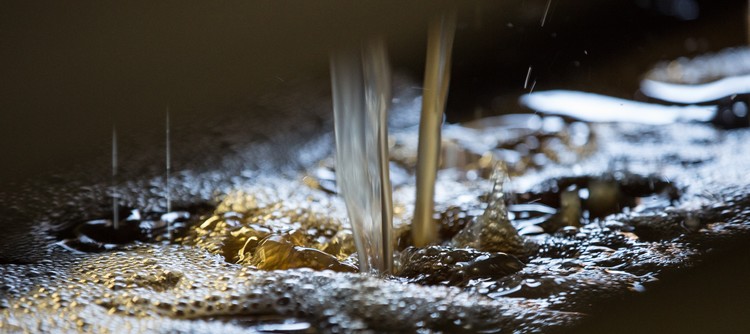Exceptional years
1990
High volumes, approaching 80 hectoliters per hectare and superb quality. Often compared to 2002.
1989
A very hot year which brought the decade to a close with a successful vintage.
1983
An exceptional year in terms of quantity and quality.
1982
A year of exceptional abundance.
1981
An excellent vintage, at least for the fruit that survived a wave of frost which almost halved production.
1978
A small vintage of excellent quality.
1976
France was hit by a summer heatwave. Picking stared in early September. The wines were rich in sugar and low in acid, initially offering some very aromatic fruit before fading.
1972
The worst vintage of the decade. Summer was cool and there were some early fall frosts before the grapes had been harvested. Certain winemakers waited until mid-October to harvest, but were not rewarded for their efforts.
1969
An excellent year.
1968
A vintage winemakers wanted to forget.
1966
An exceptionally generous year. The INAO governing body upped its checks this year to ensure that the quality put on the market was not inversely proportional to the volume.
1965
A very mediocre summer that was reflected in the wines.
1964
In September, torrential rain fell on the ripe grapes with their fragile skins, spreading rot throughout the vines. Those bunches which survived did, however, produce excellent wines.
1960
The decade began with a vintage hit by frost.
1959
A vintage that stuck in the memory for its excellent quality.
1957
A dire vintage. The growth cycle started early but the young shoots were destroyed by spring frosts. Production was tiny and of distinctly mediocre quality.
1956
An especially harsh winter, causing wines to freeze in cellars. Since the summer was little better, the production was very mediocre. The INAO decided to declassify all the grand cru wines.

1955
An excellent vintage.
1949
A vintage considered a model for the time.
1947
One of the best vintages. Harvesting took place while the region was in the grip of a heatwave. The grapes were exceptionally ripe. Some winemakers even struggled to get the juice to start fermenting due to the outstanding richness, while others produced wines of astonishing longevity.
1940-1945
The war perturbed work in the vines and manpower was in short supply, resulting in years of paucity and low-quality production.
1939
A vintage that left its mark on memories. Harvesting took place with a foot-deep layer of snow covering the vines. The wines were unsaleable and remained in the cellars.
1934
A vintage which left its stamp for its rich wines.
1930
Two-thirds of the production was destroyed by mildew before attaining ripeness.
1929
Drawing to a close a decade marked by repeated spring frosts which caused damage almost every year, 1929 was a year of abundance and remarkable quality.
1915
An excellent vintage.
1914
In August, the men left for the front, leaving women and children to pick the grapes. The quality and yields were good.
1906
A violent hailstorm in May practically stripped the vines bare. Ironically, the quality was exceptional a few months later.
1900
The turn of the century marked an excellent vintage, both in terms of quality and quantity.
1893
A remarkable vintage, whose reputation stayed long in the memory.
1888
A very difficult year. The early months were quite promising, but mildew spread through the vines. Then an early frost wiped out the harvest at the start of all. The little wine that was produced was of very poor quality.
1881
A vintage of excellent quality, reputed in its day.
1880
The winter of 1879-1880 was notable for a wave of glacial weather. During the period when pruning is usually done, the vines were completely frozen. There was no harvest that year.
1870
An exceptional vintage, entirely destroyed by the Prussian troops who invaded France.

